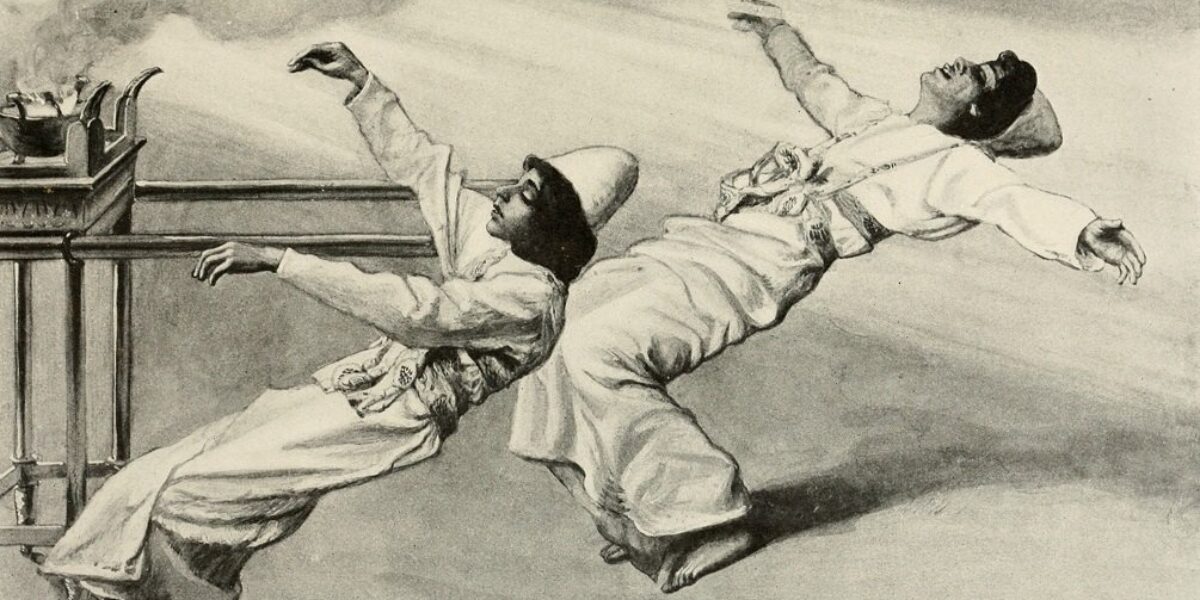Sh’imini – Lev. 9:1-11:47 (4/17-18)
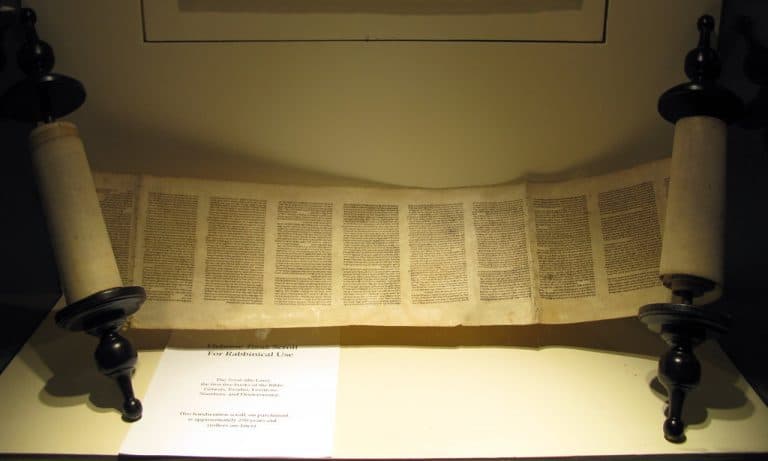
As the Torah Turns
Rabbi Lader’s Weekly D’var Torah
Sh’imini – Lev. 9:1-11:47 (4/17-18)
This Shabbat, we return to our Torah readings as we make our way through Leviticus. Our portion is Sh’imini – Lev. 9:1-11:47, and opens with the eighth (Sh’mini) day conclusion of the consecration of Aaron and his sons as priests. This is done very publicly, so that all could see and be a part of the ritual. There is a final burnt offering, which is consumed on the altar by fire from before the Eternal. Eight days of pomp and circumstance, consecration and celebration. The boundaries between the holy and the everyday are drawn and maintained… And then, Aaron’s sons – Nadav and Avihu – cross a line. “Each took his fire pan, put fire in it, and laid incense on it; and they offered alien fire before the Eternal which God had not enjoined upon them. And fire came forth from before the Eternal and consumed them; thus they died before the Eternal…” (Lev. 10:1-2) And Aaron was silent. What could he say? What words could he find at the loss of two [of his four] sons? How much pain can one endure? Rabbi Harold Kushner, in his book When Bad Things Happen to Good People, wrote: “Pain is the price we pay for being alive. Dead cells—our hair, our fingernails—can’t feel pain; they cannot feel anything. When we understand that, our question will change from, “Why do we have to feel pain?” to “What do we do with our pain so that it becomes meaningful and not just pointless empty suffering?” After the silence, Aaron rises and moves forward in his duties… in his life… step by step. What did Aaron do with his pain?
Jewish tradition teaches us that Aaron was a peacemaker; when he heard that two people were arguing, he would go to each of them and tell them how much the other regretted his actions, until the two people agreed to face each other as friends. Perhaps this was Aaron’s way of turning his grief, turning his suffering, into a meaningful tribute to the sons that he lost… and a loving model for his surviving sons. May we, too, find the courage and strength to move forward after suffering loss and grief in meaningful and loving ways.
From Previous Weeks
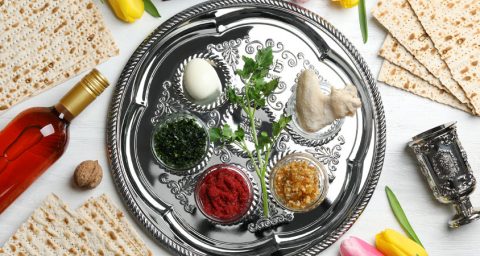
Shabbos Chol HaMoed
The special Torah reading for this Shabbat during Chol HaMo-eid Pesach, the intermediate days of Passover, is Exodus 33:12-34:26…

Tzav – Lev. 6:1-8:36 (4/3-4/4)
Our Torah portion this week is Tzav – Lev. 6:1-8:36, and deals with the offerings that the priests and the people made…
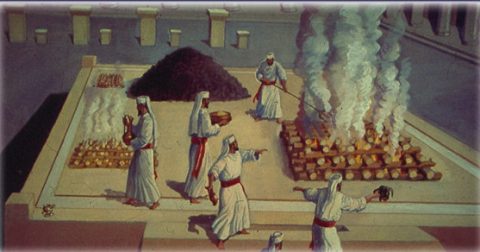
VaYikra – Lev. 1:1-5:26 (March 28/29)
This week we begin the book of Leviticus – VaYikra – Lev. 1:1-5:26. Rabbi Shai Held writes: “Around this time each year, the…
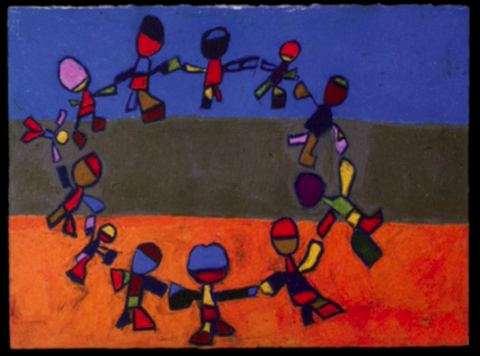
Vayak’heil and Pekudei – Ex. 35:1-38:20, and 38:21-40:38 (March 20/21)
This week we have a double Torah portion, and will conclude the book of Exodus. We will read Vayak’heil and Pekudei…

